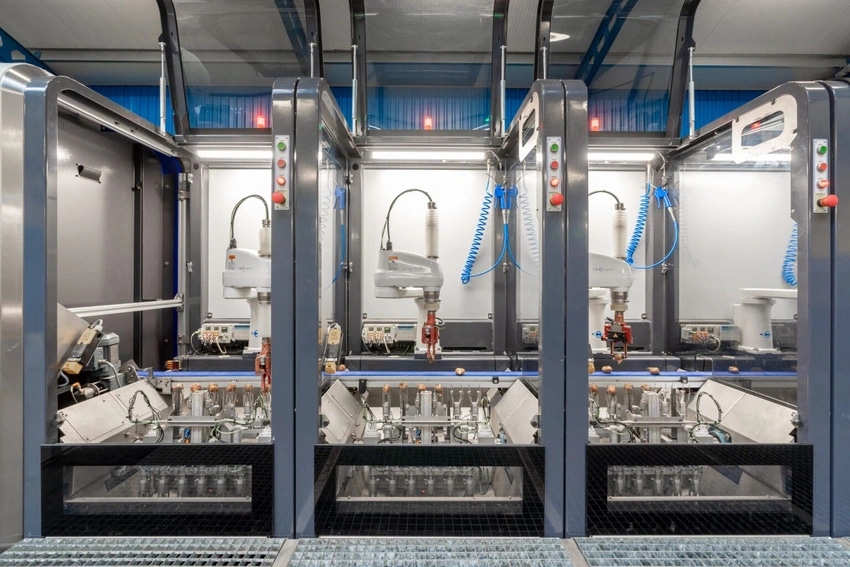AI-Powered Computer Vision Startup Raises $42M
RoboVision's no-code platform is designed to make AI models more accessible to businesses working across sectors

RoboVision, a Belgium-based computer vision startup, has raised $42 million in its latest funding round for its AI-enabled vision platform, designed to streamline the integration of AI into production lines across industries.
Investors in the Series A round included Target Global, Astanor Ventures and Red River West. Funds raised bring RoboVision’s total funding to date to $65 million.
RoboVision said it will use the funds to expand to new markets, possibly including Germany, France, the U.K. and the Middle East, and to scale its existing presence in the U.S.
Thomas Van den Driessche, RoboVision’s CEO, said the company would use the investment to strengthen its global presence, and "further solidify our position as pioneers in AI-powered automation.”
“I look forward to this next chapter in our journey as we accelerate our expansion into new markets and carry out our strategic vision," he said.
RoboVision’s platform is designed to be integrated into existing machinery and production lines, and manages vision intelligence inside these machines, offering fit-for-purpose automation.
The no-code platform is intended to make deep learning tools more accessible to companies that don’t have particular AI expertise, allowing workers to test and deploy AI models without requiring prior training.
The company said its platform could be used across industries, including agriculture, retail and health care. According to its website, Robovision’s platform has already been deployed in more than a thousand robots, with operations in 38 countries.
Last March, RoboVision announced that Stanford University was using its platform to develop AI applications for complex diseases.
Using the service, Stanford researchers will be able to access and annotate data on medical models, without requiring a background in AI or data science.
About the Author(s)
You May Also Like


.jpg?width=700&auto=webp&quality=80&disable=upscale)
.jpg?width=700&auto=webp&quality=80&disable=upscale)
.jpg?width=700&auto=webp&quality=80&disable=upscale)
.jpg?width=300&auto=webp&quality=80&disable=upscale)
.jpg?width=300&auto=webp&quality=80&disable=upscale)
.jpg?width=300&auto=webp&quality=80&disable=upscale)
.jpg?width=300&auto=webp&quality=80&disable=upscale)
.jpg?width=300&auto=webp&quality=80&disable=upscale)